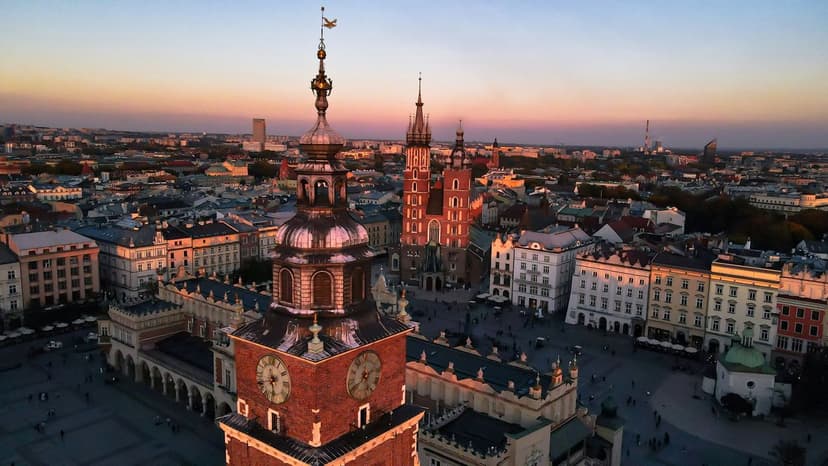
Two community-powered local outlets in Britain punching above their weight
The story of Bristol Cable and Waltham Forest Echo
The Fix Newsletter
Everything you need to know about European media market every week in your inbox
2 articles • 0 Followers










